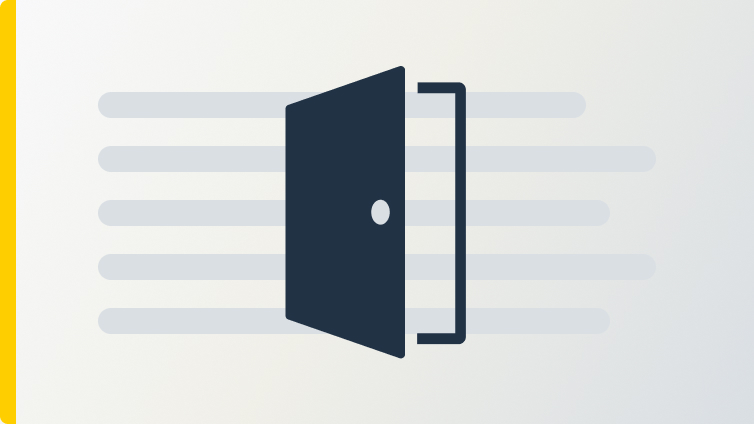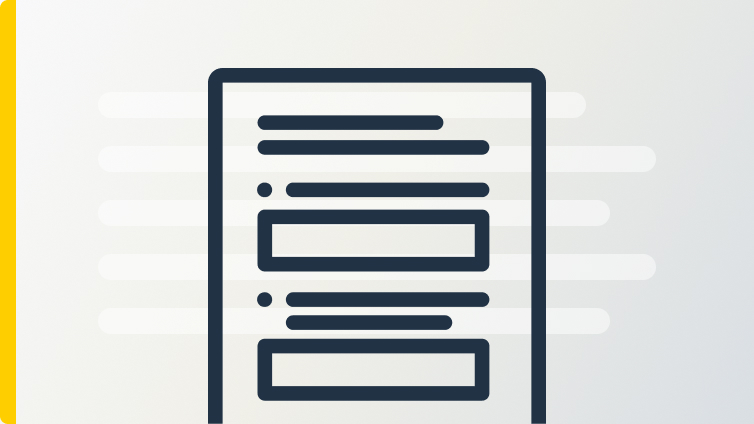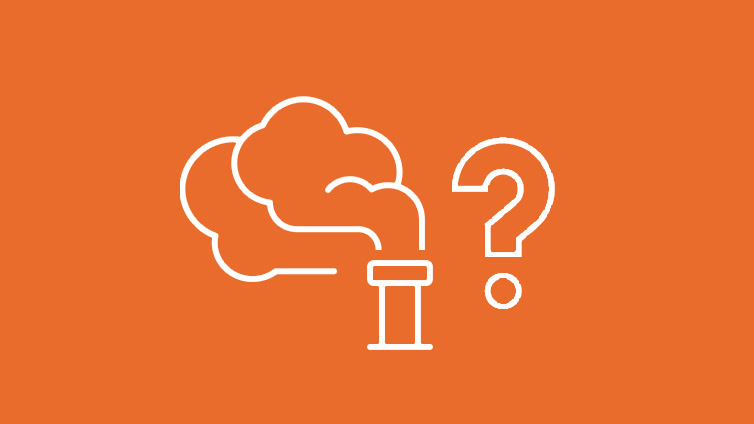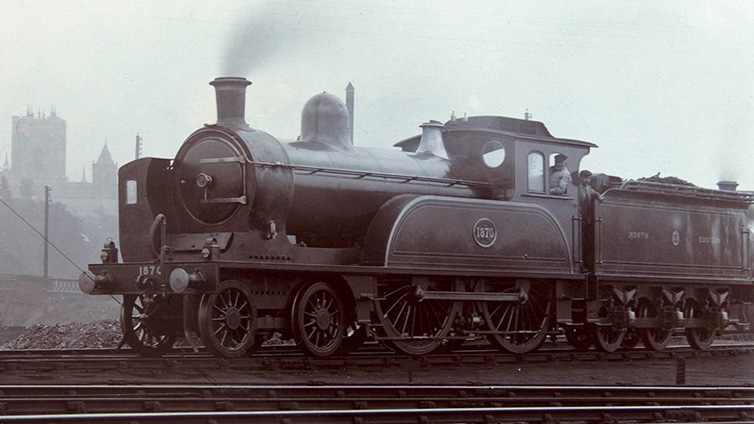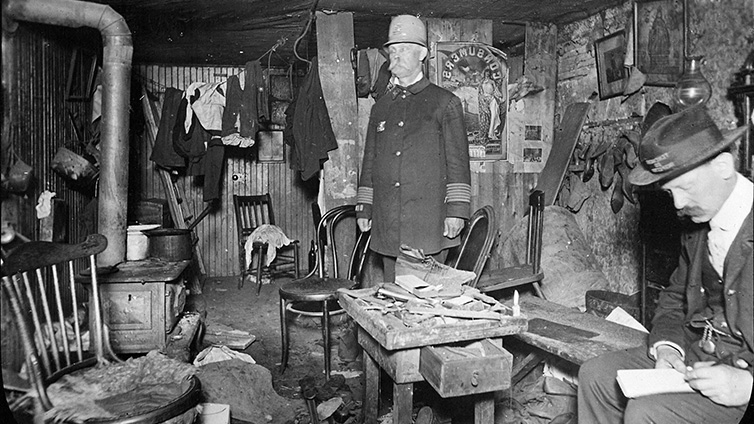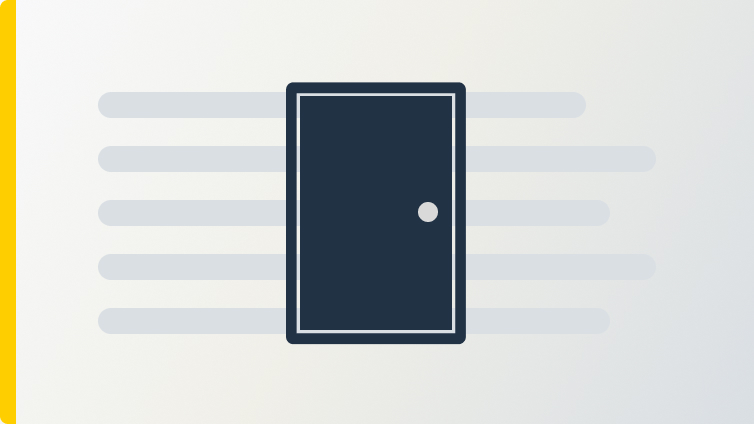Industrial Revolution
Teacher Resources
Driving Question: What were the positive and negative impacts of industrialization?
Industrialization kicked off the Modern Revolution and brought forth changes that continue to impact our world. New sources of energy coupled with new innovations led to changes in almost every aspect of people’s lives.
Learning Objectives:
- Describe the origins of the Industrial Revolution.
- Analyze the scale and impact of the Industrial Revolution.
Vocab Terms:
- factory
- fossil fuel
- industrialization
- labor
- reform
- suffrage
- urbanization
Opener: Industrial Revolution
To teach this lesson step, refer to page 2 of the Lesson 6.3 Teaching Guide.
The Industrial Revolution was the product of centuries of global exchange and innovation. But what were some of the global causes that led to this revolution that changed the world?
An Energy Revolution
Can we make energy without burning fossil fuels? Explore our most-promising solutions in this video in OER Project: Climate.
Whether it’s the sunlight that helps plants grow or the calories we consume when we eat food, everything comes down to energy. Let’s explore how our energy sources have changed over time.
Energy Through Time
Coal and Industrialization
To teach this lesson step, refer to page 4 of the Lesson 6.3 Teaching Guide.
Don’t miss the practical classroom strategies shared in this discussion on our online teacher community about using geography to teach history.
A humble, sooty black rock turned the whole world upside down, but it didn’t happen everywhere at the same time. Learn why by solving the mystery in this activity.
Geography: Industrialization Mystery Maps
Causes of Industrialization
To teach this lesson step, refer to page 6 of the Lesson 6.3 Teaching Guide.
The blog “Domino effect ≠ historical causation” shares tips for using causal maps to help reinforce the skill of causation.
Working in a factory wasn’t necessarily more fun than toiling in the fields—in many ways, it was much worse for workers. These materials dig into why people made the switch to an industrialized lifestyle anyway.
-
Guiding Questions
-
Before you read
Preview the questions below, and then skim the article. Be sure to look at the section headings and any images.
While you read
Look for answers to these questions:
- What energy sources did people use before 1700?
- What were the first steam engines built to do?
- How did the textile industry change after improvements were made to steam engines?
- What were the local and global factors that led to industrialization beginning in Great Britain?
- How did the spread of industrialization lead to imperialism?
After you read
Respond to this question: How does the Industrial Revolution continue to influence your city or state?
Effects of Industrialization
To teach this lesson step, refer to page 8 of the Lesson 6.3 Teaching Guide.
The Urbanization Game is a teacher and student favorite. Check out this discussion on our online teacher community to see what it is all about!
Now that you know why industrialization happened, let’s look at how it affected societies and individuals.
Urbanization Game Narratives
-
Guiding Questions
-
Before you read
Preview the questions below, and then skim the article. Be sure to look at the section headings and any images.
While you read
Look for answers to these questions:
- How did communication and transportation change after the innovations of industrialization and the Modern Revolution?
- What were some of the challenges of industrialization?
- What were some of the benefits of industrialization?
- What reform movements did people start to overcome some of the negative aspects of industrialization?
After you read
Respond to this question: How do the reform movements that occurred in response to industrialization continue to impact your life?
Closer: Industrial Revolution
Want to take this career exploration a step further? Check out some careers that are working to respond to one of the lasting impacts of industrialization: climate change in OER Project: Climate..
We get it: Sometimes when you spend all this time talking about the past, you wonder why you, a twenty-first-century person, should care! Time to look at just how this era connects to your everyday life.

